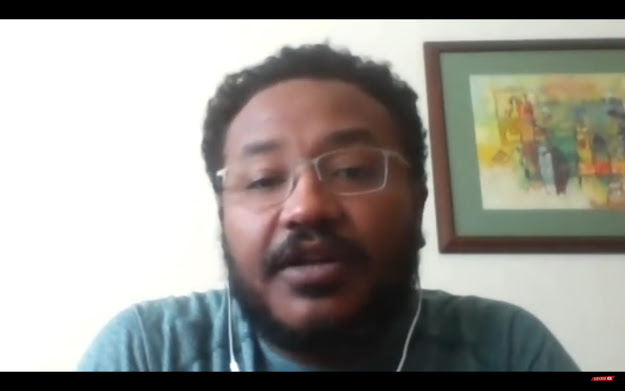Housing is a Human Right

Regent Park, built in the 1940 to provide affordable housing, is undergoing a massive revitalization and will be transformed into a mixed income community. Despite the doubling of the resident population, no additional public housing units will be built. Yet there are over 100,000 on the waiting list for affordable housing in Toronto. According to Homelessness Hub, approximately 35,000 Canadians experience homelessness nightly. Additionally, a significant number of Canadians, especially Indigenous people, live in substandard homes that are overcrowded and/or dilapidated. Even Canadians that are lucky enough to have housing struggle to afford their homes and are at risk of becoming homeless if they lose their jobs. This situation is exacerbated by an expensive housing and rental market and insufficient access to affordable housing. Although Canada has signed on to many international treaties that signify access to adequate housing as a human right, this is still a major issue in our cou








